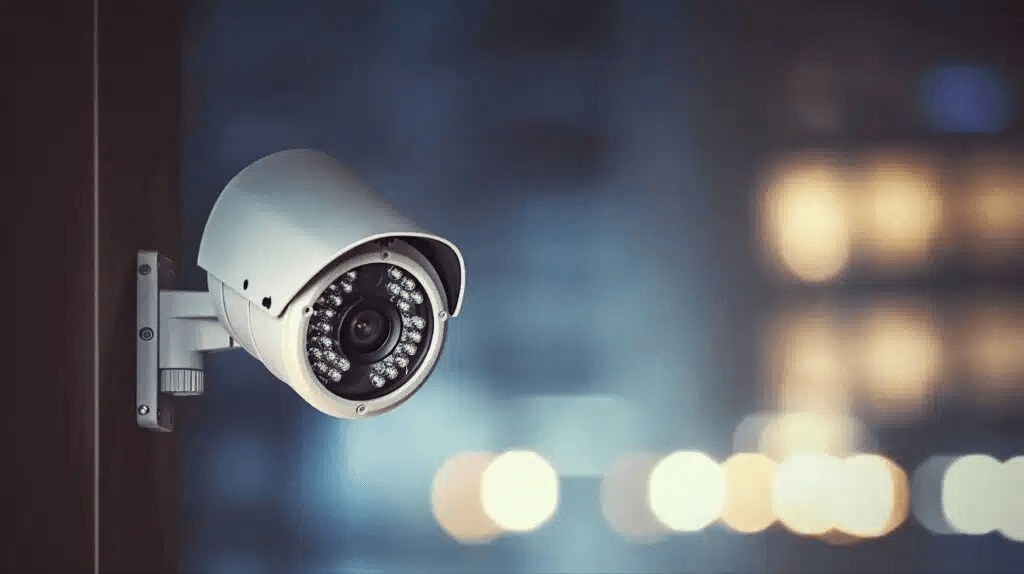
Nursing home abuse and neglect put vulnerable residents at serious risk, leading to malnutrition, dehydration, infections, and preventable injuries. When facilities fail to provide adequate care, residents suffer, and families are left feeling helpless. Lack of supervision, improper medical treatment, and unsafe conditions can result in devastating harm. Understanding the warning signs, knowing your legal rights, and holding negligent facilities accountable are crucial steps in protecting your loved ones. Learn how to take action and seek justice.
November 5, 2024
3 min
In recent years, the troubling issue of nursing home abuse has gained significant attention, prompting both legal and healthcare professionals to seek innovative solutions to protect vulnerable elderly residents. Technology has emerged as a powerful tool in this fight, offering new ways to prevent and detect abuse in nursing homes. This article explores how surveillance cameras, electronic health records, and other technologies are enhancing the safety and well-being of nursing home residents.
Nursing home abuse and neglect are serious issues that affect countless elderly residents each year. Abuse can take many forms, including physical, emotional, sexual, and financial abuse. Neglect involves the failure to provide necessary care, leading to harm or distress. According to the National Center on Elder Abuse, approximately one in ten Americans aged 60 and older have experienced some form of elder abuse. Given the high prevalence, it is critical to implement effective measures to combat these issues.
Surveillance cameras have become increasingly common in nursing homes, serving as a deterrent against abuse and a means of gathering evidence when incidents occur. These cameras can be strategically placed in common areas such as hallways, dining rooms, and recreational spaces in order to monitor interactions between staff and residents.
While there are clear benefits to having surveillance cameras in facilities, it is important to balance surveillance with privacy concerns. Clear policies and consent procedures must be in place to ensure that cameras are used ethically and do not infringe on residents’ rights. Facilities must be transparent about where cameras are located and how footage is used and stored.

Electronic Health Records (EHRs) have revolutionized the way healthcare information is managed and shared. In nursing homes, EHRs play a critical role in monitoring residents’ health and identifying signs of abuse.
Additionally, EHRs support the integration of other technological tools, creating a cohesive monitoring system. For example, data from wearable devices or remote monitoring systems can be incorporated into a resident’s EHR, offering a comprehensive view of their health and activities. This holistic approach enables more effective and timely interventions, improving overall care quality and safeguarding residents against potential abuse.
EHRs enhance transparency and accountability. Facilities can track staff performance and adherence to care protocols, ensuring that residents receive the standard of care they deserve. In cases where discrepancies or omissions are found, EHRs provide a clear audit trail, supporting investigations and legal actions in nursing home abuse lawsuits.
Beyond surveillance cameras and EHRs, several other technological advancements are contributing to the prevention and detection of nursing home abuse and neglect.
While technology offers significant benefits in preventing nursing home abuse and neglect, it also raises important legal and ethical questions. Nursing homes must ensure compliance with privacy laws, such as the Health Insurance Portability and Accountability Act (HIPAA), when implementing new technologies. It is also crucial to obtain informed consent from residents or their legal guardians before using surveillance or monitoring devices.
Technology can significantly aid in the detection and prevention of nursing home abuse, but it is equally important to pursue legal action when abuse is identified. Nursing home abuse and neglect lawsuits play a critical role in holding facilities accountable and securing justice for victims.
The integration of technology in nursing homes represents a promising advancement in the fight against abuse and neglect. Surveillance cameras, electronic health records, wearable devices, remote monitoring systems, and artificial intelligence provide valuable tools for protecting vulnerable residents. However, the successful implementation of these technologies requires a careful balance of enhancing safety while respecting residents’ privacy and dignity.
By leveraging these advancements, we can create a safer and more transparent environment for nursing home residents, ensuring they receive the care and respect they deserve. At the same time, legal action remains a vital component in addressing and deterring abuse. Through a combination of technological innovation and legal advocacy, we can work together to eliminate nursing home abuse and ensure a dignified life for all elderly residents.
Michael Hill is a nationally recognized attorney who handles exclusively cases against long term care facilities. Michael and his firm, Michael Hill Trial Law, handle cases across the country.
Disclaimer: This information is provided for informational purposes only. Nothing in this article should be construed as providing legal advice or the creation of an attorney client relationship. Laws are updated frequently and change from state to state. If you desire legal advice, you can contact Michael Hill Trial Law at www.protectseniors.com, send an email to info@protectseniors.com, call (800) 659-2712 to begin an investigation, or contact another attorney.